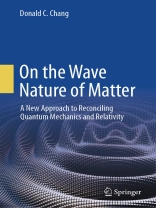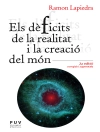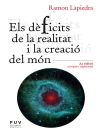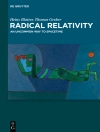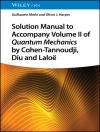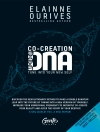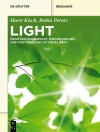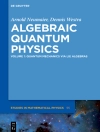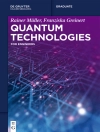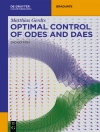This book presents a new approach to understanding the foundation of quantum physics through the ‘quantum wave model’ hypothesis. It addresses some of the key challenges in the current quantum theory, including the conflict between quantum mechanics and relativity, and offers a comprehensive solution to many of the existing mysteries in the field. By proposing that the vacuum is a dielectric medium and quantum particles are quantized excitation waves of the vacuum, the book provides a clear physical interpretation of wave-particle duality and explains the physical basis of energy, momentum, and mass.
With topics ranging from the physical foundation of quantum mechanics to the derivation of the quantum wave equations and the resolution of the conflict between quantum physics and relativity, this book offers a comprehensive overview of the most pressing issues in the field. Written at a level accessible to undergraduate students and senior researcher scientists alike, this book offers a valuable resource for anyone seeking a deeper understanding of quantum mechanics and its fundamental role in shaping our understanding of the physical world.
Inhoudsopgave
Over de auteur
Prof. Donald C. Chang is currently Professor Emeritus in the Hong Kong University of Science and Technology. He obtained a Bachelor degree (Physics) from the National Taiwan University (1965) and Master and Doctoral degrees (Physics) from Rice University (1970) in the USA. He was a joint faculty member in the Baylor College of Medicine (Houston, Texas, USA) and Rice University (Dept of Physics) during the 70s and 80s. In 1991, he joined the Hong Kong University of Science and Technology as a founding faculty member. He was appointed Professor and later Chair Professor.
Prof. Chang has very broad research interests, including bio-medical physics, quantum physics and signaling mechanisms in living systems. He had conducted collaborative research in many institutions, including the Marine Biological Laboratory at Woods Hole (now part of University of Chicago), Peking University, Tsinghua University, NIH and University of California at San Diego (with Prof. Roger Tsien). He has published four books and over 130 papers in international journals, including Nature, Science, PNAS and Biophys J. Prof. Chang was a pioneer in the early development of spin-echo NMR for cancer detection. He was the first one to report that the NMR relaxation times undergo a progressive change when the biological tissue transforms from the normal morphological state to pre-neoplastic and then tumor state (PNAS 1972 and Nature 1972). He was the founding President of the Hong Kong Biophysical Society and a Fellow in the Hong Kong Institute of Science. He enjoys working on innovative projects and owns more than two dozen international patents. Professor Chang was elected a Fellow in the American Physical Society in 2023.
